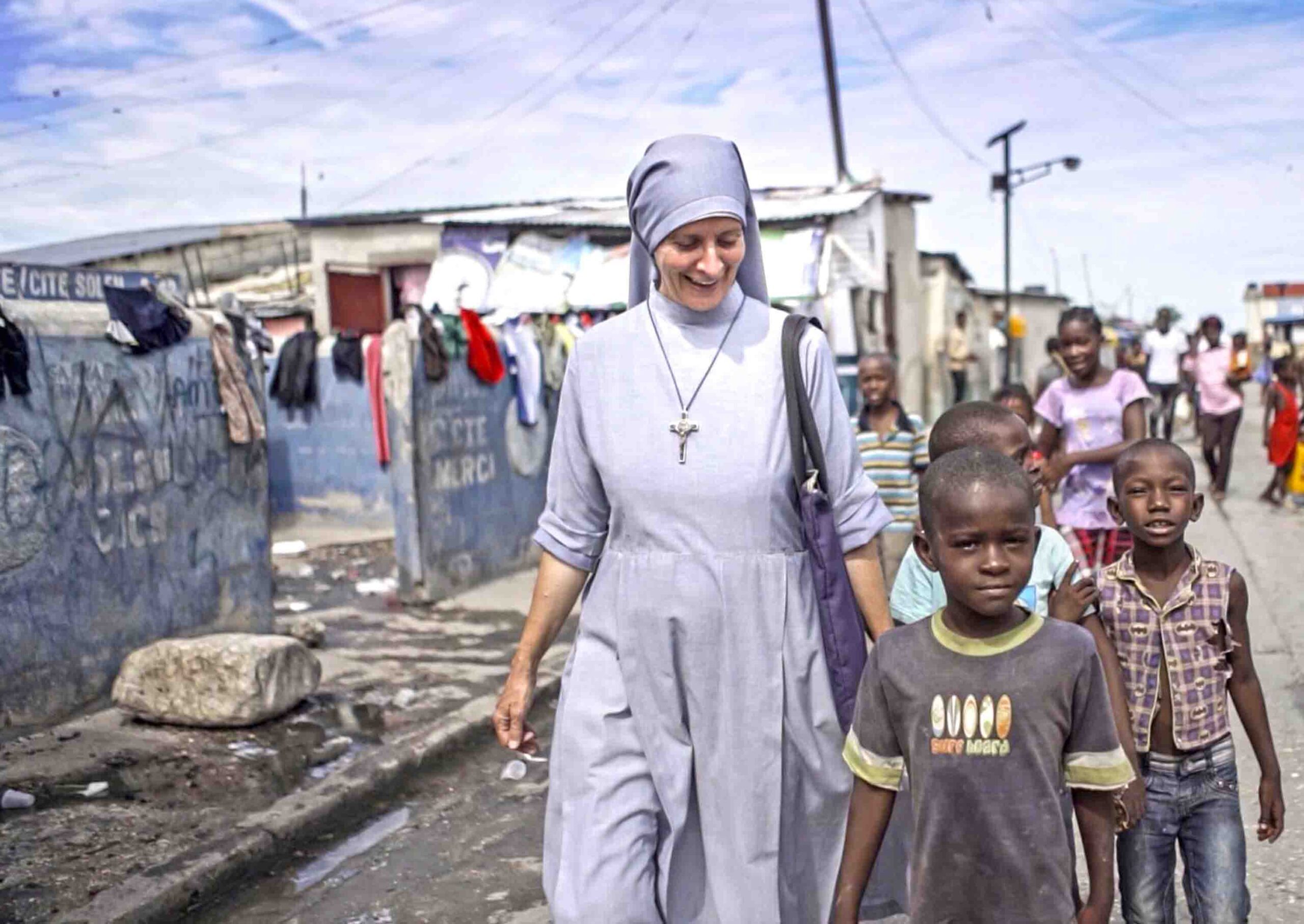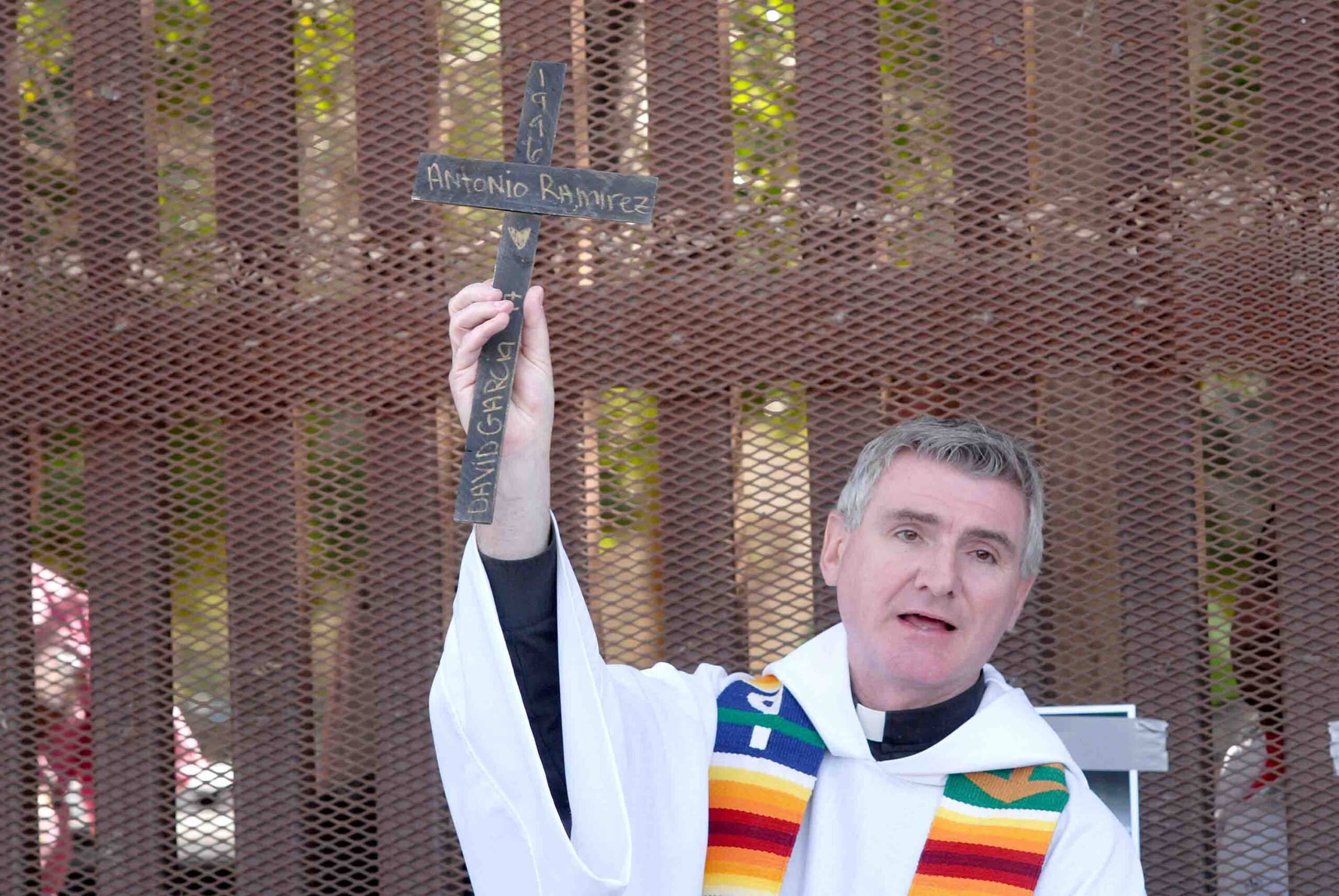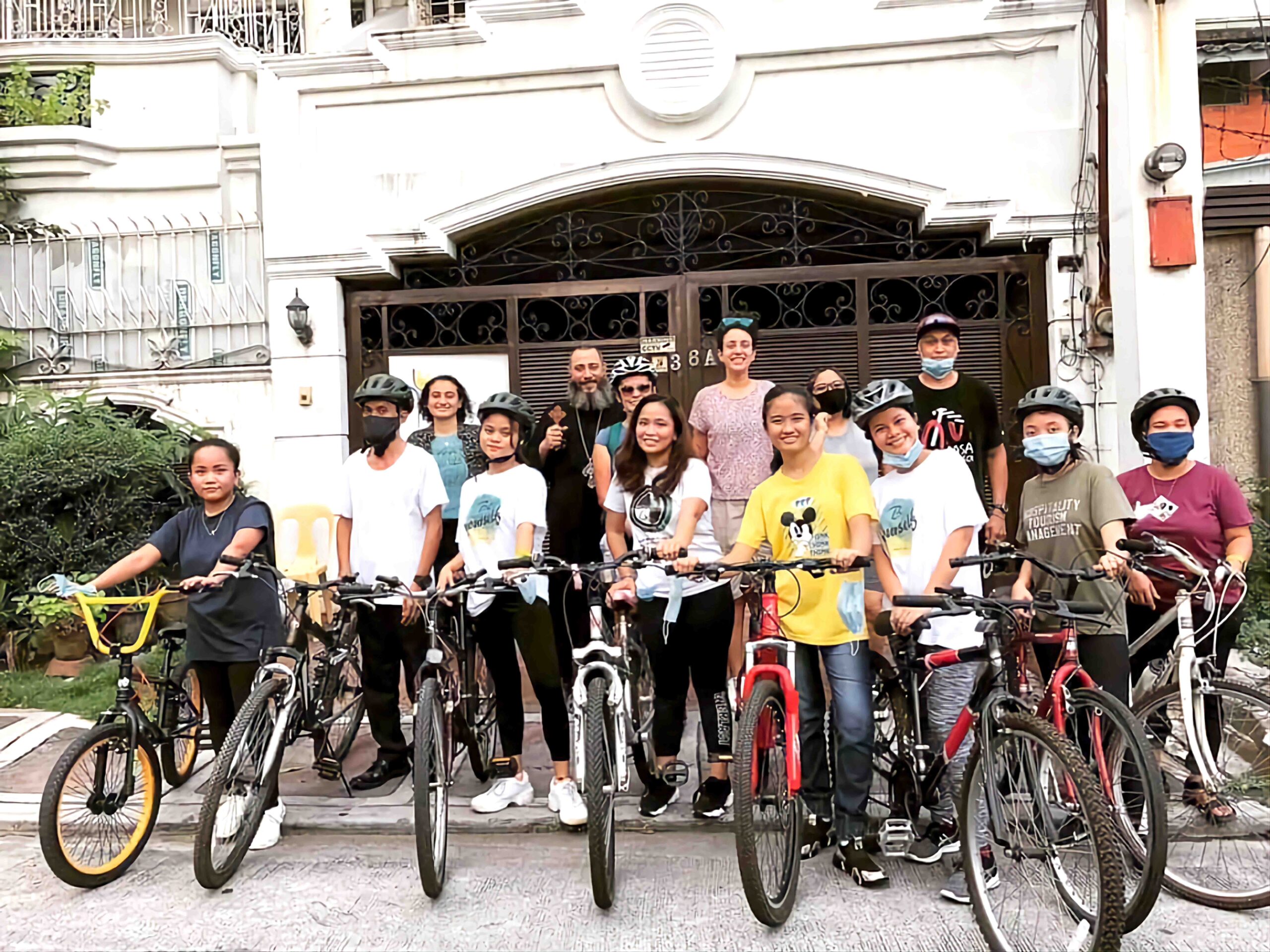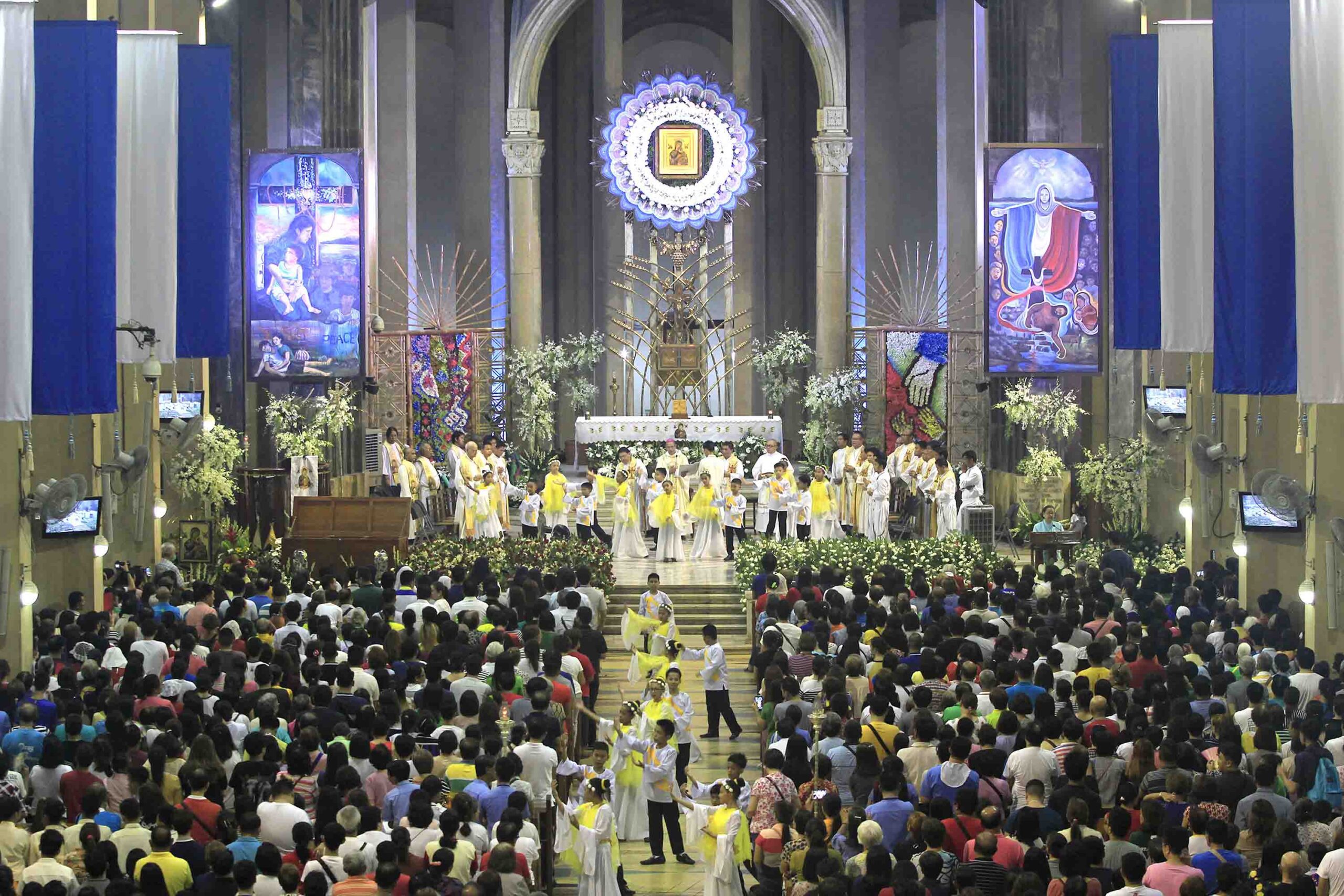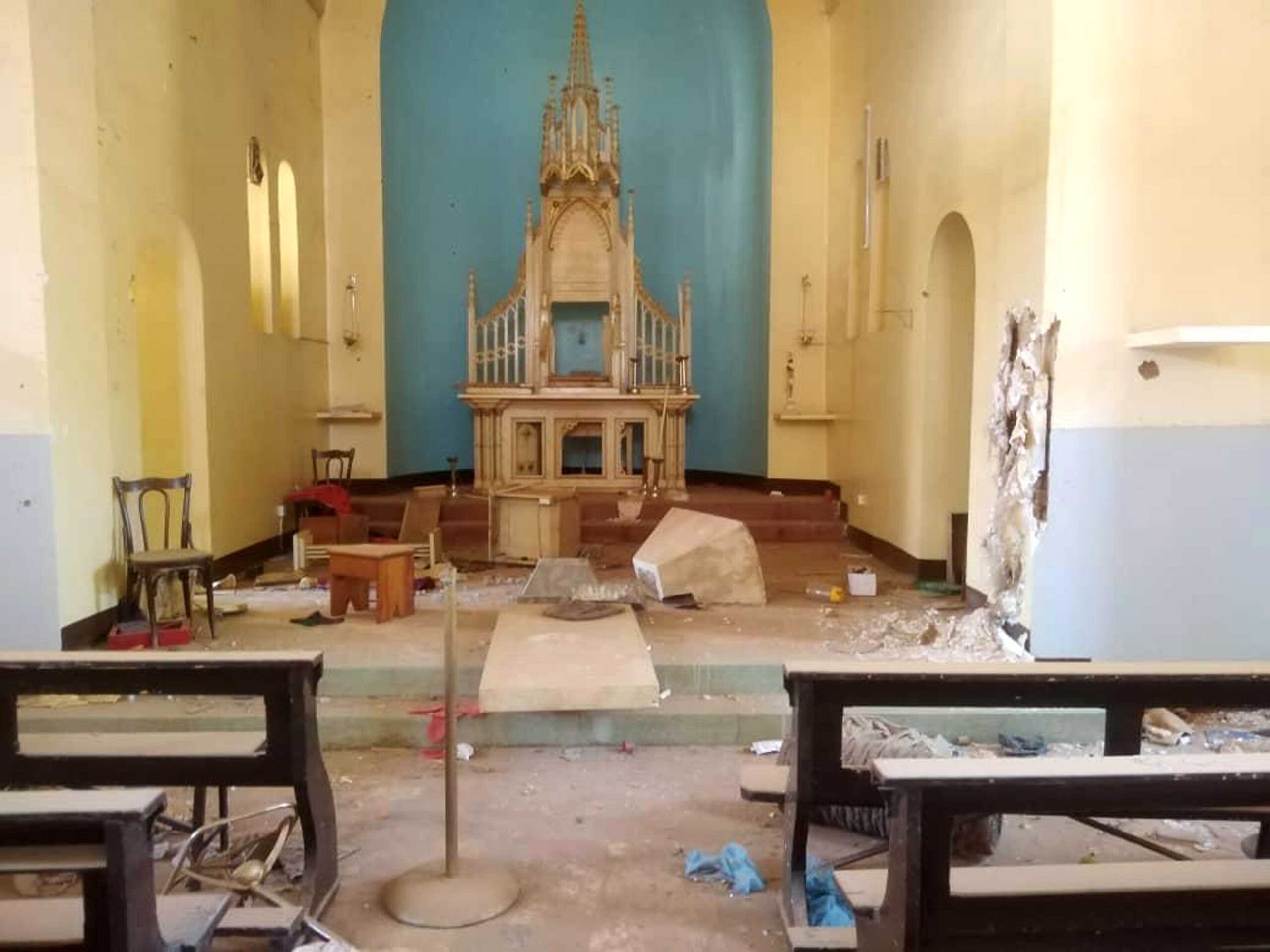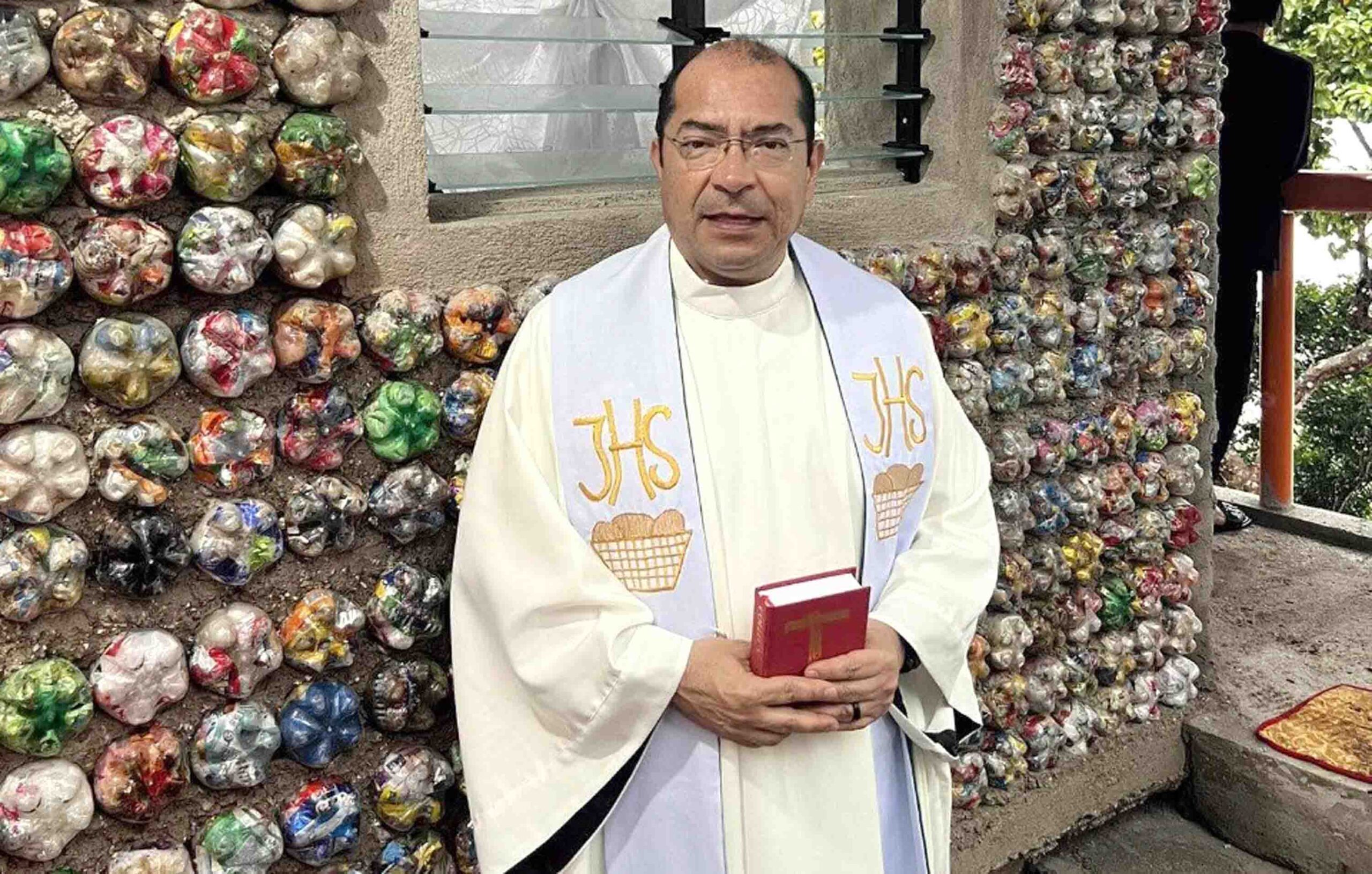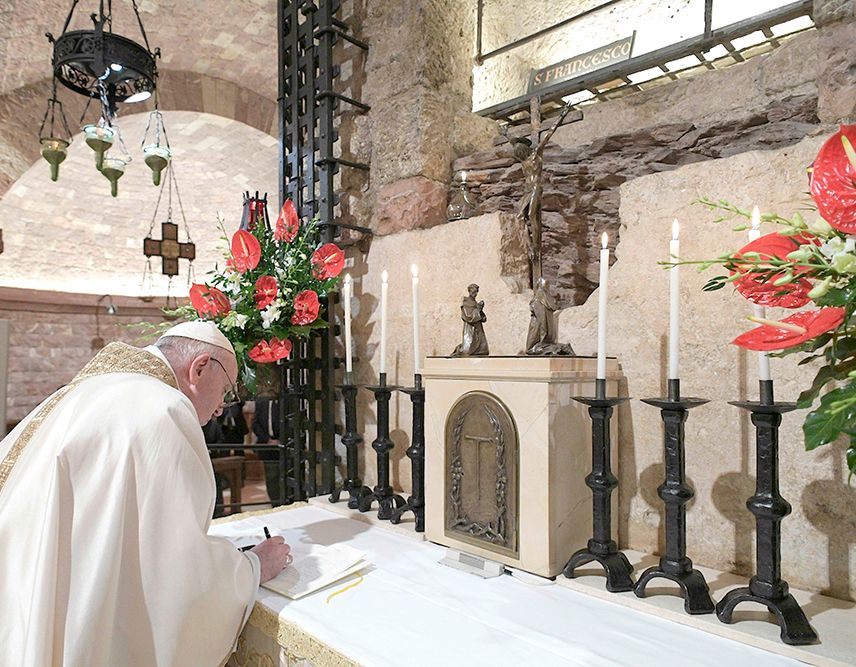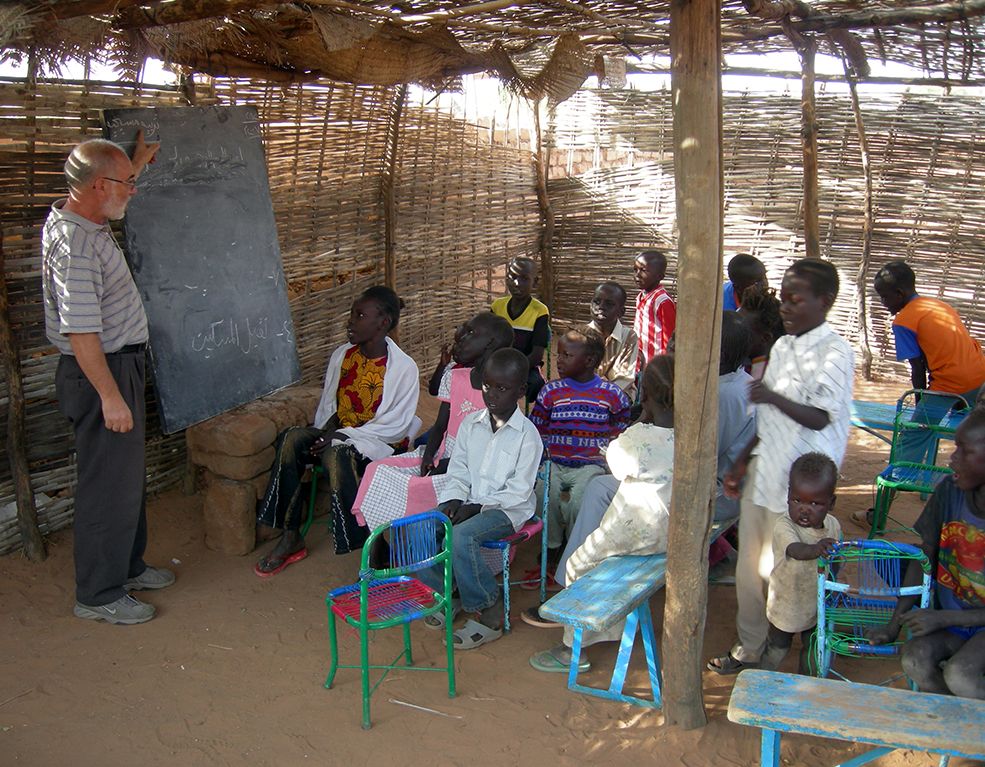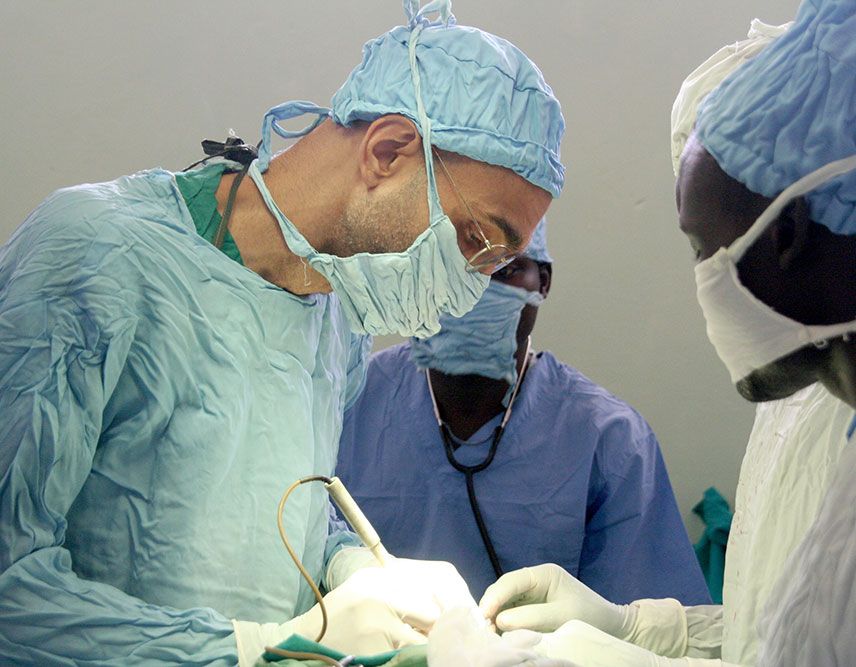Sister Paësie Phillipe is originally from Nancy, France. At the tender age of 15, she felt God’s call to a life of service. She underwent a discernment process and, at 18, joined the Missionaries of Charity, the congregation founded by Mother Teresa. After years of formation, she was sent on missions to Grenada in the Antilles, the United States, and Iceland. In 1999, Sister Paësie arrived in Haiti, where she and her fellow religious cared for the sick, especially children, affected by tuberculosis, AIDS, typhoid, malaria, cholera, and pneumonia. Many of the children were orphans or had been left at the care center by their parents, who never returned to pick them up.
Although Sister Paësie loved this apostolate, she became aware of a situation that affected the children living in the slums and perpetuated poverty and marginalization: they had no access to education. Public schools were free, but to attend, they had to buy uniforms, books, and other school materials. To study in private schools, they also had to pay fees, which, however low, were impossible for needy families to afford.
In these neighborhoods, teenagers and young people who don’t go to school often join gangs, exposed to violence, corruption, and all kinds of immorality. Faced with poverty, many of them start begging or stealing.
Overburdened with medical care, the Missionaries of Charity had no time to devote to educating these children. “Dying children came to us every day. We were so busy with medical work that we didn’t have time for education,” says Sister Paësie in an interview with Aleteia.
EDUCATION OF CHILDREN
Sister Paësie felt a growing call to devote herself exclusively to the education of children and young people. She spoke to her congregation and the local bishop and decided to leave her community, keeping her four vows. Mother Teresa’s Sisters, in addition to the traditional vows of poverty, chastity and obedience, take a fourth vow of service to the poorest.
On April 25, 2017, Sister Paësie left the house of the Missionaries of Charity in Delmas to embark on a new mission. She moved to Cité Soleil, the largest slum in Port-au-Prince, an area where violence, poverty, and indifference coexist. In the slums, people survive each day by selling a piece of soap, washing powder, or a bit of rice. In the barrio, housing is a jumble of houses. It’s not easy to get clean drinking water, and it’s expensive. Plus, the houses don’t have any toilets or showers. When it rains, everything gets flooded, and when the sun shines, it’s so hot!
Before long, some young women who wanted to support her in her evangelizing work arrived. So, Sister Paësie founded Familia Kizito, a small community of consecrated women. In 2023, the Archdiocese of Port-au-Prince officially recognized Familia Kizito as an association of the faithful. The name chosen for the community is a nod to Saint Kizito, the youngest of 22 Ugandan martyrs canonized by Paul VI in 1964. The sisters wear a blue-grey habit made of karabela, a traditional fabric worn by peasant women and worked by the locals.
The aim of Familia Kizito is to offer children living on the streets the opportunity to develop through education, care, food and protection from all forms of violence. To carry out this arduous and complex task, the religious, with the collaboration of volunteers and sixty employees, manage different structures in the heart of the slums of Cité Soleil, Petite-Goâve and Village de Dieu, which are at the service of more than 2,500 disadvantaged children: seven foster homes where 140 school-age children live and with whom attempts are made to rebuild family ties; eight schools attended by 1100 pupils, with canteens to provide them with good food; three extracurricular activity centers (dance, soccer, sewing, embroidery, drawing, school support) and in which 700 minors are involved.
There are also six catechesis centers where 700 children and young people participate, because there is also a spiritual poverty that needs to be overcome with proper Christian formation. “Very poor children don’t have access to the sacraments. They don’t go to church because they don’t have the necessary clothes and, on the other hand, the parishes usually ask them to make offerings, which is an obstacle,” Sister Paësie told Aleteia.
THE CHALLENGE OF VIOLENCE
However, not everything is easy, and educators must face some challenges and difficulties. “When they were on the streets, some of our young people were involved in gangs, and many were victims of sexual abuse. It’s not always easy because they’ve kept some of their habits, but these children have chosen to leave the streets, and the reception process is done in stages.”
But the biggest challenge they face is the intense and indiscriminate violence that spreads in the neighborhoods of Port-au-Prince, either because one gang wants to control the territory or because of clashes between different armed groups. Religious and members of the clergy are also victims of this widespread violence. This is illustrated by the kidnapping of six religious sisters from the Congregation of St. Anne on January 19 in a busy street in Haiti’s capital. The release of the sisters and two people who accompanied them five days later has not forgotten the risky situation faced by people and members of the Church who work with the most vulnerable in this Caribbean country.
According to United Nations figures, violence has displaced more than 300,000 inhabitants in Haiti’s capital. Thousands of people live in precarious conditions and are forced to flee, leaving behind what little they have. Paësie tells Vatican News in an interview that almost every week, “ new neighborhoods are invaded,” and so on each occasion, “thousands of people have to flee, and often they can’t go back to their homes. Because when a new gang invades a neighborhood, people no longer feel safe. Many people have died trying to return home. Most of the time, people turn to a family member who initially takes them in. But this only lasts a few days because it becomes unbearable. Families already live in small houses, often in one room with ten people. When a new family arrives, it’s really hard. What’s more, most of the time when people arrive, they come with nothing because they’ve lost everything and are dependent on the host family. It’s really complicated…” Today, she says, “we see people sleeping in the street with their children, something that didn’t exist before in Port-au-Prince.”
And the actions of armed groups, which have existed for years in the slums, have spread to other areas of the city. “The gangs have become more and more powerful and are not only found in the slums, but in practically every neighborhood in the capital and also in several cities in the interior.”
Despite living in this dramatic social context of growing violence, with disastrous consequences for Haitians, Sister Paësie does not lose hope. A woman of deep faith, she knows that God is present and accompanies the evangelizing work of the Familia Kizito among these people exposed to violence and poverty.
As the French nun points out, if they didn’t have the support of the Familia Kizito, thousands of children living on the streets “would really be abandoned to their fate and poverty. What would happen to them? Only the Lord knows. But a few days ago, some mothers said to me: Sister, if you weren’t with us, we’d all be dead. I think they were exaggerating a bit, but that’s what they think, that’s what they express. Sometimes I even wonder how people manage to survive for several days without food and deprived of everything. The Lord is present. I think the answer is this: He is present for them. He may be present through me or in some other way. But he never abandons his children,” stresses Sister Paësie.
THE SPECIAL PHONE CALL
On February 3rd, around 1 p.m., Sister Paësie answered the phone. On the other end of the line was Pope Francis. She confesses that she was thrilled. She listened to the Holy Father, who wanted to know about the situation on the island, thanked her and encouraged her to continue with her mission. She confesses that what surprised her most was the Pope’s voice: “I felt a great gentleness and kindness,” she told Vatican News. “It was a big surprise for me. When my phone rang, I obviously didn’t expect it to be the Holy Father. He gave me a message of encouragement and thanked me for being with the children. He assured me of his prayers, which really touched me.” This was news to share, and she immediately did so with her community, the staff, and some children. “It brought joy and hope to many other people because the message wasn’t just for me, it was really a gesture towards the children and the poorest people in Haiti,” concluded Sister Paësie.

